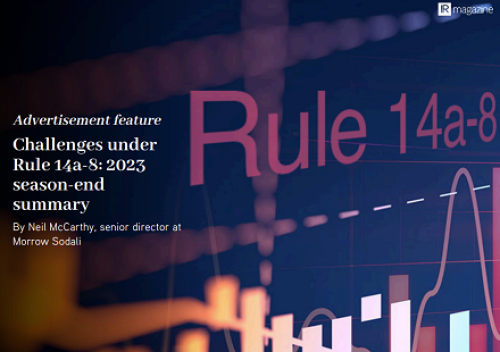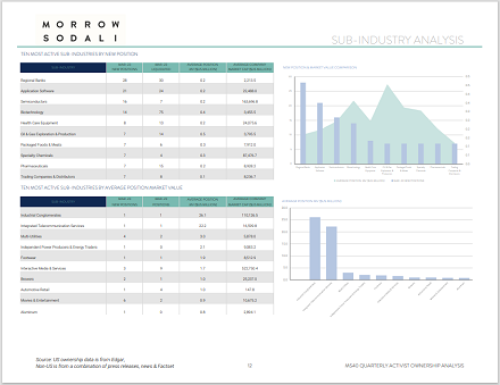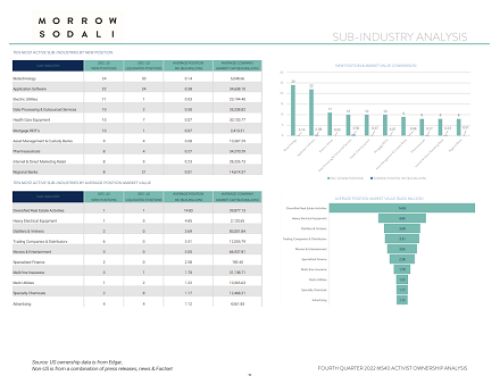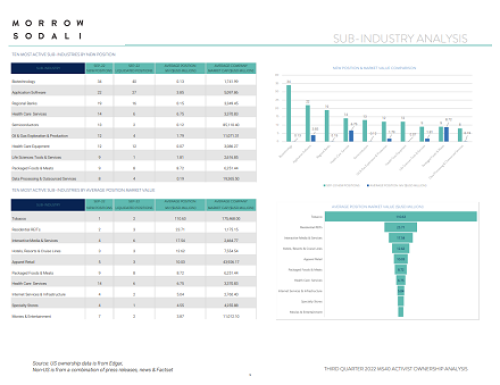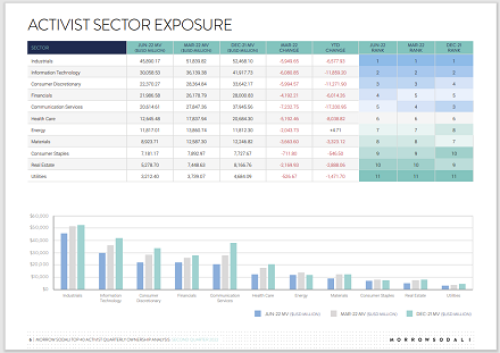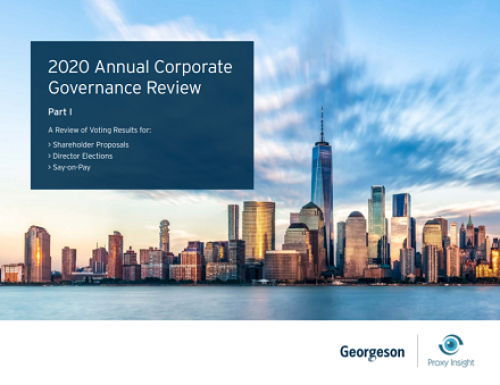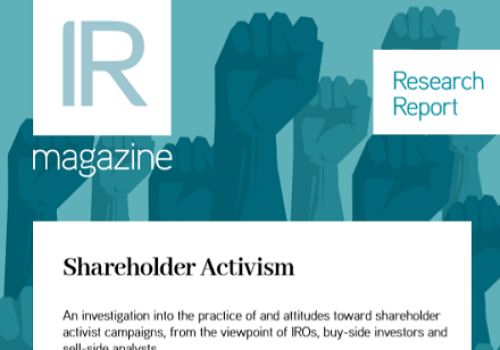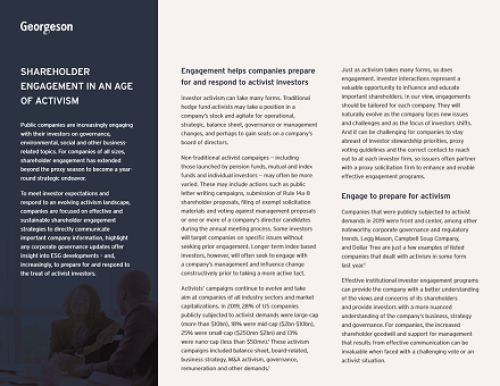A 25-year-old Australian who sued his A$57 bn ($42 bn) pension fund over climate change has settled out of court in a case widely seen as a wake-up call for trustees and company directors.
The David-versus-Goliath case was brought by Mark McVeigh against his pension fund, Retail Employees Superannuation Trust (Rest), known as a ‘superfund’ in Australia. The landscaper accused Rest of failing to provide adequate information about climate change business risks or Rest’s plans to address those risks, and he claimed trustees failed to act with care, skill and diligence. The case settled in November after Rest agreed, among other things, to publish its portfolio holdings and align investments with a net-zero-emissions target by 2050.
‘The case was more about firing a shot across the bows of trustees of pension funds in Australia, that they have to take climate change into account for the purposes of their investment strategy and investment process,’ says Ian Matheson, CEO of the Australasian Investor Relations Association. ‘It will have a flow-on effect on corporates to the extent that superfunds will start to push the envelope even further when it comes to activism.’
A litigious climate
David Barnden, McVeigh’s lawyer, is already pushing the boundaries, suing the Australian government on behalf of a 23-year-old law student for failing to disclose climate change risks to sovereign bond investors. He also represents eight students in a class-action case against the federal environment minister for failing to protect young people from the climate change impact of a proposed coal project. Previously, Barnden sued Commonwealth Bank of Australia, the country’s largest bank, for failing to disclose climate change risks to investors.
‘It is now uncontroversial that climate change poses an immediate and material risk across investors’ portfolios,’ Barnden tells IR Magazine. ‘The concerns of both members and management on climate risk must be addressed by the board and failure to do so can, and will, lead to litigation risks.’
Although Rest didn’t respond to an interview request, the pension fund issued a statement following the settlement, saying it considers climate change a material, direct and current financial risk to the superannuation fund across many risk categories, including investment, market, reputational, strategic, governance and third-party risks.
‘There is a proliferation of cases – with McVeigh vs Rest in Australia being just one – of investors using litigation to hold corporates and financial institutions, including pension funds, to account for how they manage climate risk,’ says Holly Stebbing, a London-based partner at law firm Norton Rose Fulbright.
‘This is driving changes in reporting and due diligence best practice worldwide, particularly in financial centers. Trustees and directors will be reflecting on the settlement terms in McVeigh as these will no doubt be cited as a [future] benchmark.’
Banking, mining, oil and gas targeted
Kelly Hibbins, group head of investor relations at Sydney-based Ramsay Health Care, says groups have been using the AGMs of Australian Securities Exchange-listed companies as a platform for activism, in particular on climate change, for at least two years either by submitting special resolutions or encouraging a vote against the company’s remuneration report as a way of registering a protest vote. Australia’s oil and gas, banking and mining sectors have been singled out.
‘The majority of these actions have targeted large, high-profile companies so that the cause receives media coverage,’ Hibbins says. ‘There are a couple of different groups that are reasonably well organized and enlist the help of retail shareholders through advertising to sign across their proxies or vote with these groups.’
Last year, Suncorp Bank’s AGM was a target when environmental lobby group Market Forces questioned the bank’s green credentials and urged directors to cut ties with fossil fuel companies. Many of Australia’s AGMs are held in October, however, so the maximum impact from the McVeigh case hasn’t been felt yet.
‘McVeigh is slightly different as the action he is bringing is against some of the investments the fund has made,’ says Hibbins. ‘Ultimately, however, [it] does highlight a risk for listed companies – in particular those heavily exposed to some sectors of mining and those that [finance] those companies.’
Worldwide, resolutions have already been filed at US-listed companies including Moody’s, S&P Global, Union Pacific Railroad, Charter Communications, Alphabet, Canadian Pacific Railway and Canadian National. The Children’s Investment Fund has expanded its ‘say on climate’ campaign to push management into action over global warming. Its resolutions call for companies to disclose annually their greenhouse gas emissions, produce a plan to manage those emissions and hold an annual advisory vote on the plan. The hedge fund plans to target hundreds of other companies in Canada, the UK and across Europe.
Global reach
Sean O’Sullivan, vice president of investor relations at Sydney-based supply-chain logistics company Brambles, says climate change can no longer be compartmentalized as just a ‘sustainability concern’.
‘The key question is: how is climate change going to impact a business, including its supply chain and the sectors it serves?’ he says. ‘Climate change will impact all sectors and asset classes differently, which is why IR professionals need specific knowledge of their company’s exposure to climate-related risks and how their business strategy will consider these [risks] over time.’
Anthea Bowater, a senior associate lawyer at Freshfields Bruckhaus Deringer in London, says the implications of the McVeigh case have global reach. ‘Pension funds and other financial institutions were interested in McVeigh as it was the first case worldwide [that] would have tested whether a general fiduciary investment duty encompasses a duty to take account of climate change risk,’ she explains.
‘Investors and shareholders in the UK increasingly expect financial institutions to manage and disclose climate risk – as do regulators such as the Prudential Regulation Authority and the Financial Conduct Authority. Climate risk has been a real area of focus for financial regulators over the last two years and we should expect that to continue.’
So far, the majority of climate change litigation has occurred in the US, followed by Australia, the UK, the EU, New Zealand, Canada and Spain.
In Sydney, Matheson says the issue has been percolating for years and intensified as a result of the 2019 Australian bush fires. The McVeigh case has confirmed the responsibility and obligation of pension fund managers to consider climate change as part of the investment process.
Investors, fund managers, pension funds and others can no longer ignore the risks, Matheson adds: ‘Many of them can’t hide any more. They have to be more focused on it.’

